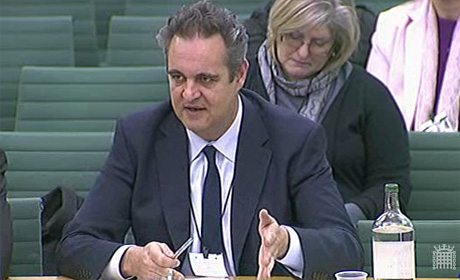Monetisation of digital journalism, described earlier today as the “elephant in this room” by CNN’s Peter Bale, formed the basis of an afternoon session at the News World Summit in Paris today, with a focus on financing investigative journalism.
There was no dancing around the importance of the issue. As Howard Finberg of the Poynter Institute put it:
The challenge, as Paul [Steiger] pointed out, is if we don’t do this people die. If journalism isn’t there to protect people, then people will get hurt.
This is not just a matter of economics to keep jobs, this is about economics that support democracy.
I feel passionately that we need more experiments, more subscription models, more donation models. We also need to figure out how we can tell the public the value of investigative journalism … even if they don’t support if financially they can support it in other ways.
He called for more creative solutions. Online it is “going to be increasingly difficult for traditional media”, adding that recent figures showed 68 per cent of online display advertising in the US controlled by the five big technology firms.
Our difficulties are fairly well documented so we need to start looking for some solutions that are different.
Also speaking about the issue on the panel, ProPublica founder Paul Steiger said he expects the decline in print advertising accelerate, “so the challenge of getting more and more revenue from online is going to be greater rather than less”.
He said ProPublica, which is funded largely by donations, is “looking at the possibility of subscriptions, but we need to make all of our stuff accessible and so the challenge is to figure out to how to keep in the conversation and how to find a variety of sources of revenues.”
He added that investigative journalism is significant for democracy and therefore “worth supporting in multiple ways, including charitable contributions”.




